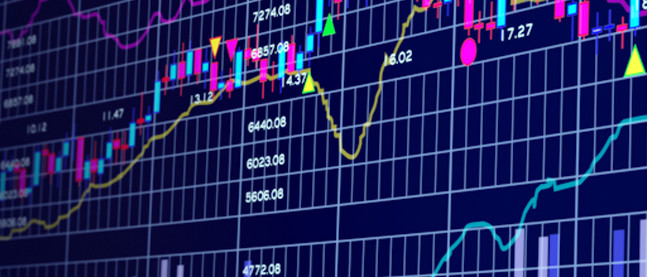Economics

Curriculum statement: Economics
Through Social Sciences, young people develop their understanding of the world by learning about other people and their values, in different times, places and circumstances; they also develop their understanding of the environment and how it has been shaped.
Curriculum Aims:
Economics is about the world around us; it’s current; it’s always changing; it’s always interesting. It’s the subject that allows you study Tesco’s and ASDA’s methods of competition one day, and learn about the environment and pollution permits the next. It’s about the modern world; it’s a fascinating study of psychology, of why people, businesses and governments make the decisions they make, and how resources are spread out around the world. There has never been a more interesting time for students to be studying Economics: the challenges faced by governments in keeping the economy active during a global pandemic stimulates conversation and debate about how important economics is to our everyday lives.
We believe that through studying Economics our students will be equipped to understand the global economic environment in which they live and have the skills to judge and challenge the misconceptions and injustices and the status quo that they see in government policies in order that they can thrive in the 21st Century. The dynamic between consumers, manufacturers and governments makes Economics a vibrant topic. In particular, the aim of the Economics curriculum at the St. John Henry Newman Catholic School is to:
- support the development of strong British values and Catholic Social Teaching by encouraging students to think about the moral, social and ethical implications of Economics;
- promote a love of learning in general, and the study of Economics in particular, so that students engage with the information they are learning;
- encourage students to think logically and to use theories to understand how economies operate;
- support students to develop an understanding of relevant economic concepts and theories, and an ability to apply them to a range of real world issues;
- provide students with the knowledge to analyse, explain and evaluate the strengths and weaknesses of the local, national and international economy, and make informed decisions as to what is required to further enhance economic growth and development;
- ensure students achieve mastery of the skills required to advance to the next stage of their education;
- prepare students for the world of work by highlighting career opportunities both within Economics and through the development of key literacy and oracy skills;
- ensure that students continue to be interested in the wider, practical implications of economic as they move into the next phase of their lives.
Curriculum Features:
To achieve this, the department has developed a learning programme that drives students towards key knowledge required for their qualification whilst allowing them the opportunity to explore SMSC links and make real-world connections. The knowledge is based around the two key concepts of macroeconomics and microeconomics, but students are encouraged to think in broader terms to ensure that they can make connections between the different aspects of the subject. The curriculum is arranged to facilitate progression in the subject, to ensure that students regularly revisit the key topics to consolidate and then extent their knowledge. The curriculum is relevant to the subject in the present day, with a focus on issues such as the banking and financial crisis and the development of behavioural economics. Students are always encouraged to support their study of the subject with current examples, to ensure that they see Economics as a ‘living’ rather than a ‘textbook’ subject.
The study of Economics at The Saint John Henry Newman School is characterised by teachers with a real passion for their subject, who want to motivate and inspire their students and encourage a life-long love of the subject, and of learning. Economics classrooms are characterised by an atmosphere of mutual respect, underpinned by outstanding relationships, and a ‘buzz’ of learning. Students are supported to develop their knowledge of the subject. Questioning and debate is fundamental to the Economics Curriculum, enabling students challenge their own thoughts and thinking in the subject. The curriculum prepares students effectively for the next phase of education and many of them choose to continue their study of Economics, or a related discipline, at university.
Co-curricular Experiences:
The study of Economics complements the work covered in a number of other subjects in the sixth form. An understanding of classical and Keynesian economics enhances students’ ability to make progress in both history and politics. For example in politics, students are encouraged to make links between Adam Smith and the development of classical liberal ideas and the important of Karl Marx to the development of socialism. The work on the distribution of income and poverty, and development has strong links with topics covered in geography. We look to nurture a love of the subject outside the classroom by highlighting key works for students to read to extend their knowledge of the subject, pointing out relevant programmes for them to watch and encourage them to undertake EPQs or participate in essay-writing competitions to explore areas of particular interest.



